September 2016
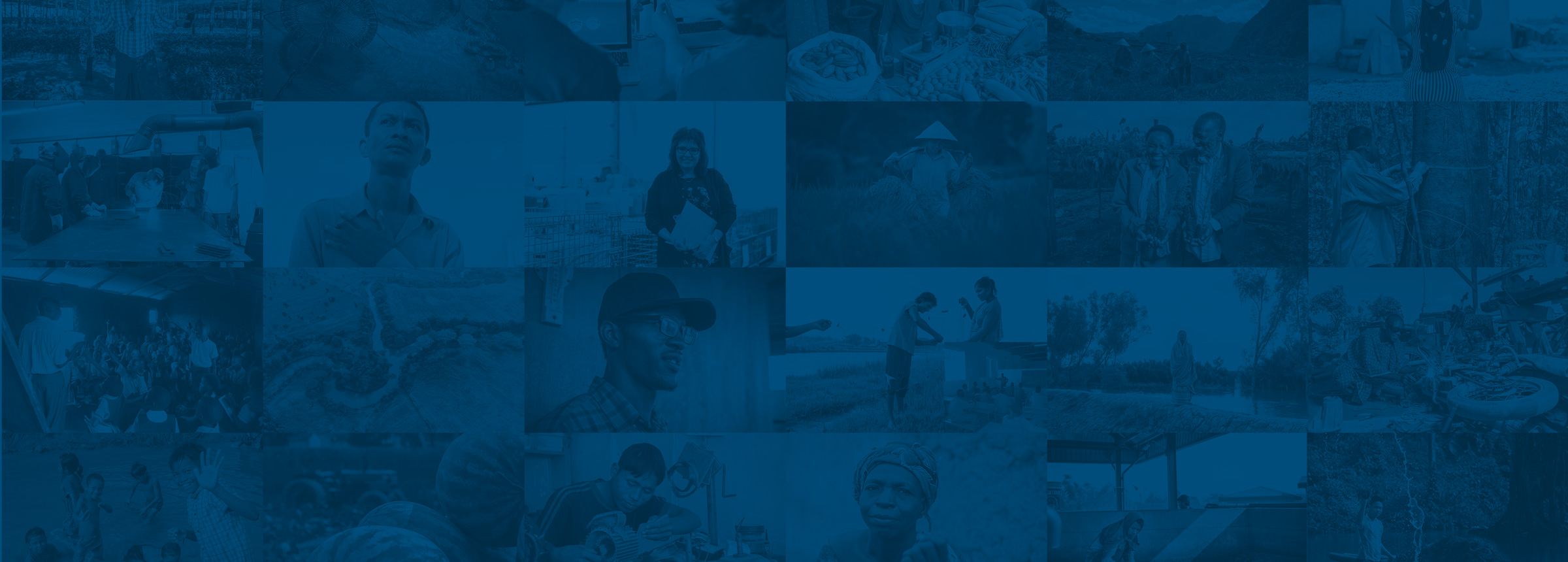
Winrock International Announces New Board Members
September 22, 2016
LITTLE ROCK, AR – SEPTEMBER 22, 2016 – Winrock International, the U.S.-based national and international economic development organization, today announced the appointments of Samar Ali and William Rockefeller to its Board of Directors. Ali, the first Arab-American board member in the organization’s history, brings a wealth of experience from both the public and private sectors, […]
Video: Burmese Coffee Arrives in America
September 17, 2016
The story of Burmese specialty coffee is what happens when everything goes right: when the crop is promising, the growers are willing to embrace new production methods and the market is ready for a new coffee origin. As implementer of the USAID-funded Value Chains for Rural Development project, Winrock International is proud to be a […]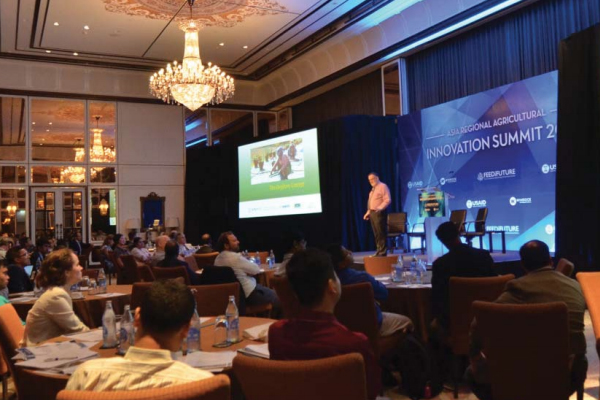
A Culture of Innovation at Winrock International
September 16, 2016
Winrock International was born on an Arkansas mountaintop — and now has 120 projects in 46 countries. Innovation is part of its DNA. After Winthrop Rockefeller’s death in 1973, trustees of his estate created the Winrock International Research and Training Center to further his wish that the farm be “venturesome and innovative” and provide tools to help people help themselves. And it’s done just that […]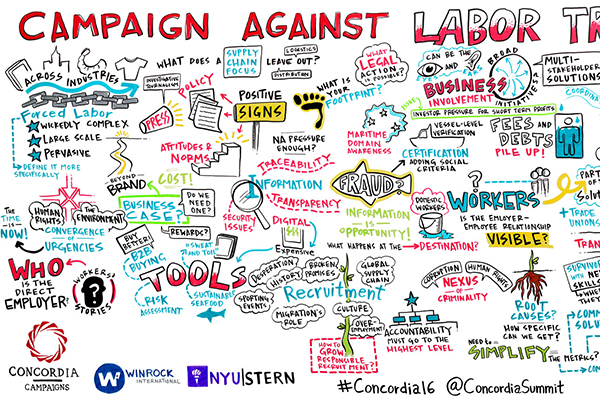
Winrock and Concordia Form Partnership to Address Labor Trafficking
September 15, 2016
The partnership, the Concordia Campaign Against Human Trafficking, was announced Tuesday, September 20, at the Concordia Summit, an annual global affairs forum in New York City that brings together heads of state, Fortune 50 executives and other thought leaders. Winrock has been fighting human trafficking in the seafood industry for almost a decade through USAID’s […]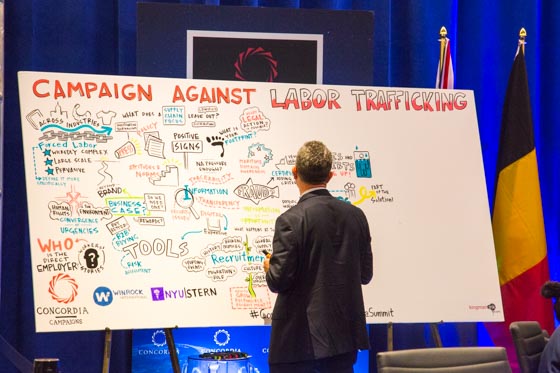
Winrock International & Concordia Join Forces In Campaign Against Labor Trafficking
September 14, 2016
NEW YORK, September 20th, 2016 – Winrock International, the U.S.-based international development organization, together with Concordia, a nonprofit that enables effective public-private partnerships, today announced a new partnership as part of the Concordia Campaign Against Labor Trafficking. The groundbreaking partnership will work toward the development of a collaborative, standards-based, industry-wide approach to address human rights […]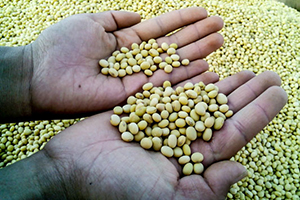
Burma’s Soybean Farmers Find New Market — In Their Own Back Yard
September 13, 2016
Feed the Future week is September 12-16. Here’s one way Winrock is helping #EndHunger now. By Tim May The humble soybean is one of the most nutritious foods on Earth, and its plants produce more protein per acre than almost any other use of land. Soybeans are also a mighty storehouse of vitamins and nutrients, […]
Winrock’s Dep. Director, U.S. Programs, Testifies on Rural Development Models
September 8, 2016
Submitted testimony of Linsley Matteson Kinkade Deputy Director, U.S. Programs, Winrock International House of Representatives Subcommittee on Economic Growth, Tax and Capital Access Intro by US Representative Judy Chu: 35:19 Testimony begins: 36:18 Takes questions: 46:38, 53:41 Chairman Huelskamp, Ranking Member Chu, distinguished members of the committee, thank you for inviting me here today. My […]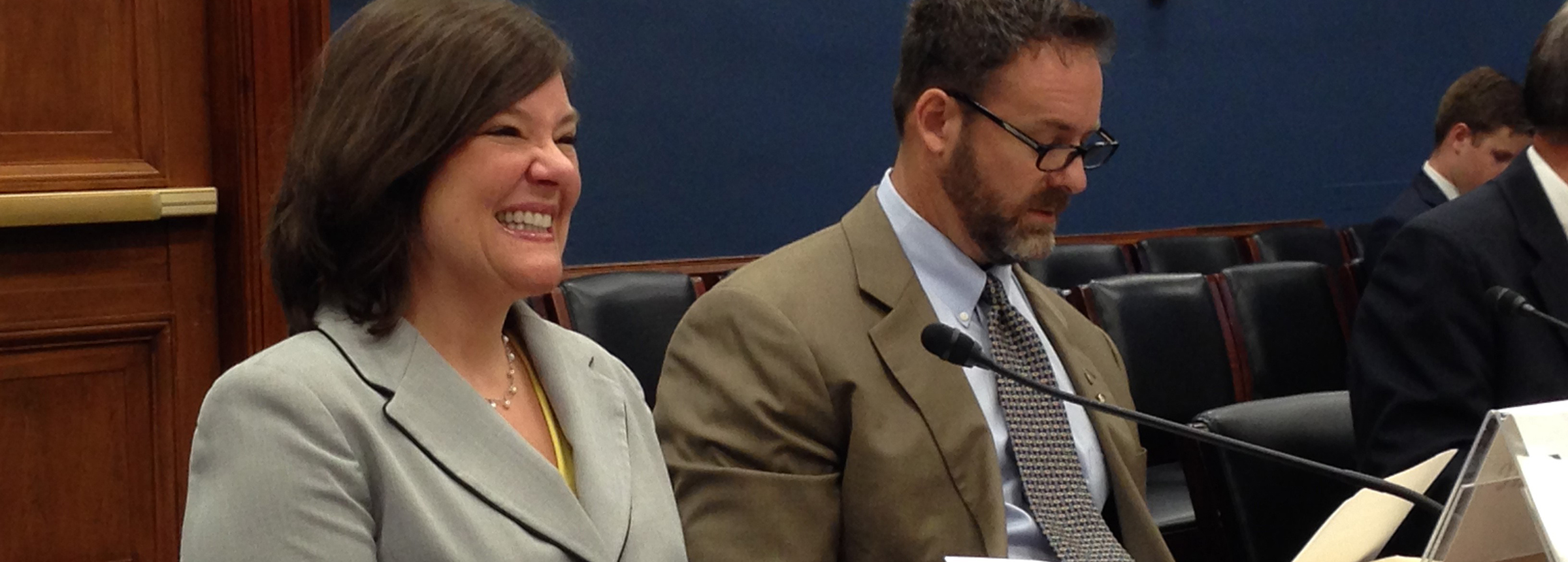
Winrock’s Dep. Director, U.S. Programs, Testifies on Rural Development Models
September 8, 2016
On September 8, Winrock International’s Deputy Director of U.S. Programs Linsley Kinkade will testify about rural economic development in Arkansas and the region before the Subcommittee on Economic Growth, Tax and Capital Access of the Committee on Small Business. Ranking Member Rep. Judy Chu, D-Ca., invited Kinkade to testify about Winrock’s innovative and sustainable economic […]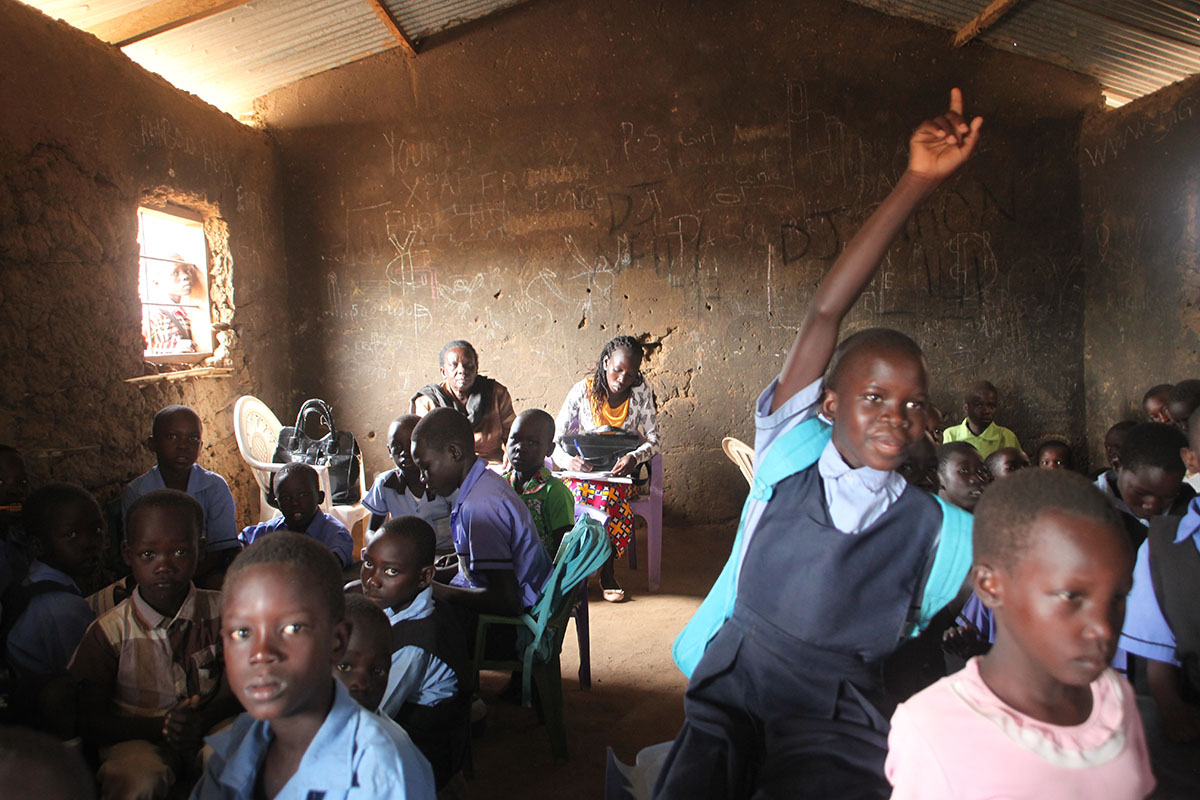
Saluting South Sudan’s School Inspectors
September 8, 2016
Story and Photography: Tom Willcox The students rise when Sarah Muja Longa enters the classroom. Longa is dressed in bold yellows and reds and commands an easy respect. Though she sits in the back of the classroom, she makes her presence known, working one-on-one with children who are struggling. It takes 30 minutes or more […]